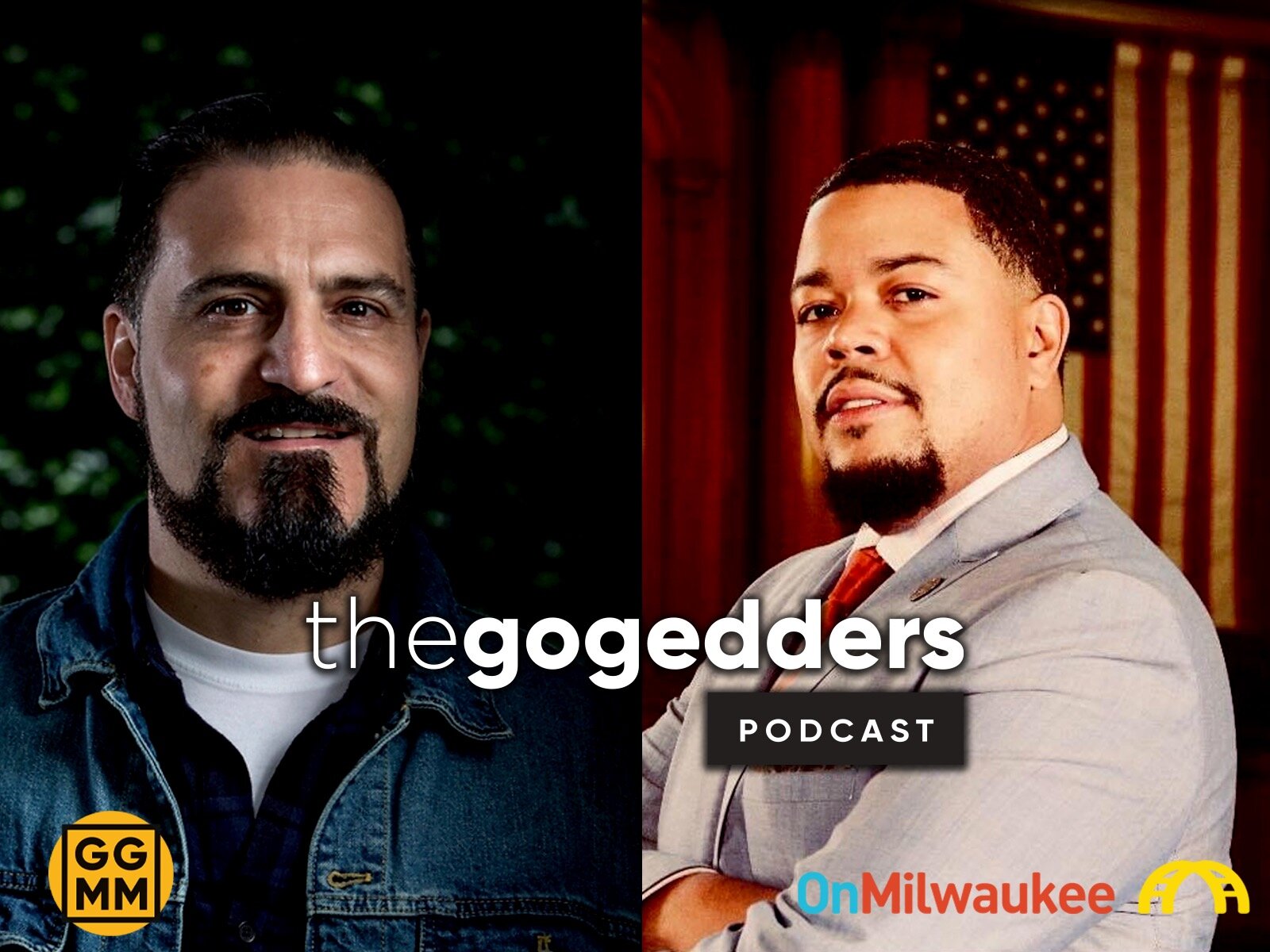Dave Mays, creator of The Source magazine, didn’t know much about Milwaukee until Alderman Khalif Rainey reached out to him. Following this conversation, Mays quickly realized how Milwaukee is ranked as one of the most segregated, highly incarcerated and lowest employed cities for African Americans.
"You could argue it’s kind of like ground zero for systematic racism in American cities," he said.
Mays wanted to prove that hip-hop could make a positive difference. This made Mays the perfect partner for Milwaukee’s Hip Hop Week 2019, a week in its third year organized by Ald. Rainey.
Dave Mays is no stranger to hip-hop – in fact, he is a pioneer in the industry. He started The Source Magazine, known to many as the "Hip-Hop Bible," out of his dorm room at Harvard in 1988. What started as a single sheet newsletter to a mailing list of about 1,000 people who called into his local radio show ultimately grew into the number one music magazine in the U.S., overtaking Rolling Stone, grossing $300 million under Dave’s leadership and helping launch artists like Notorious B.I.G., Common, DMX and many, many more.
What brought Dave and Khalif together was the opportunity to make a positive impact in a city that needs it, to help fight the root causes of what so many are protesting today.
Ald. Rainey is no stranger to the issues this city’s black population faces. He grew up in Milwaukee’s 53206 zip code, a zip code that is 95% black, has the highest incarnation rate in the entire state and ranks dead last in health outcomes. Despite the odds stacked against him, Ald. Rainey went to Southern University, graduated and came back to serve his hometown, ultimately being elected to the Common Council as the 7th district Alderman.
Very shortly into Ald. Rainey’s term, Syville Smith was murdered in our Sherman Park neighborhood where riots and protests followed for several days after. Personally, as a resident on the East Side, it could have been in a different world. I was literally half a mile away at times and everything was perfectly normal – that's just one example of how segregated our city is. I asked what the difference is now that the protests are everywhere and so diverse. Ald. Rainey acknowledged, "We don’t feel like we’re alone this time. That is the difference."
"When I think of hip-hop, it brings a voice to the voiceless," Ald. Rainey added."I think that most of those young protestors out there right now are hip-hop heads."
On the episode, we go deep into hip-hop culture and discuss its misperceptions, how it has helped disenfranchised communities have a voice and expression, and how the industry has evolved for better and for worse over the last thirty years.







